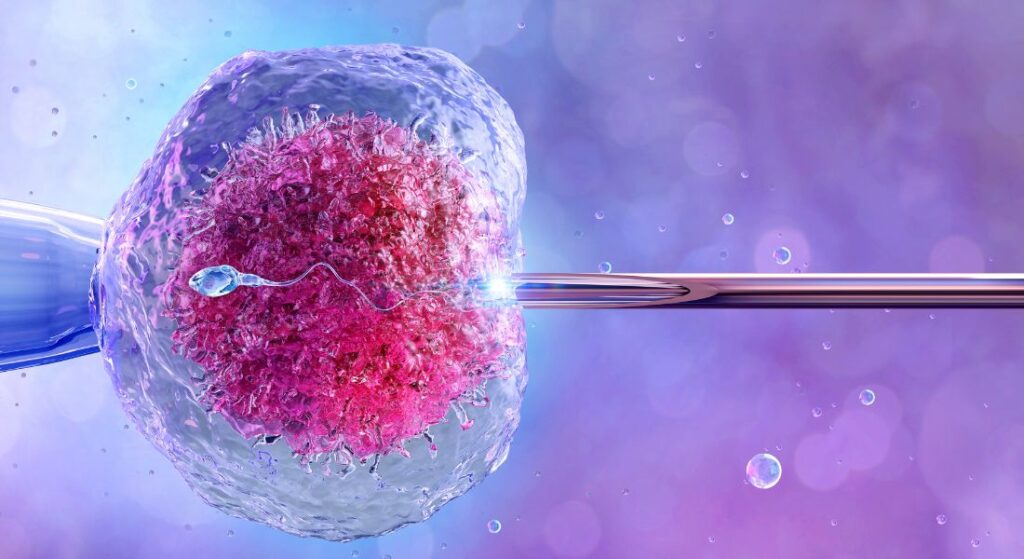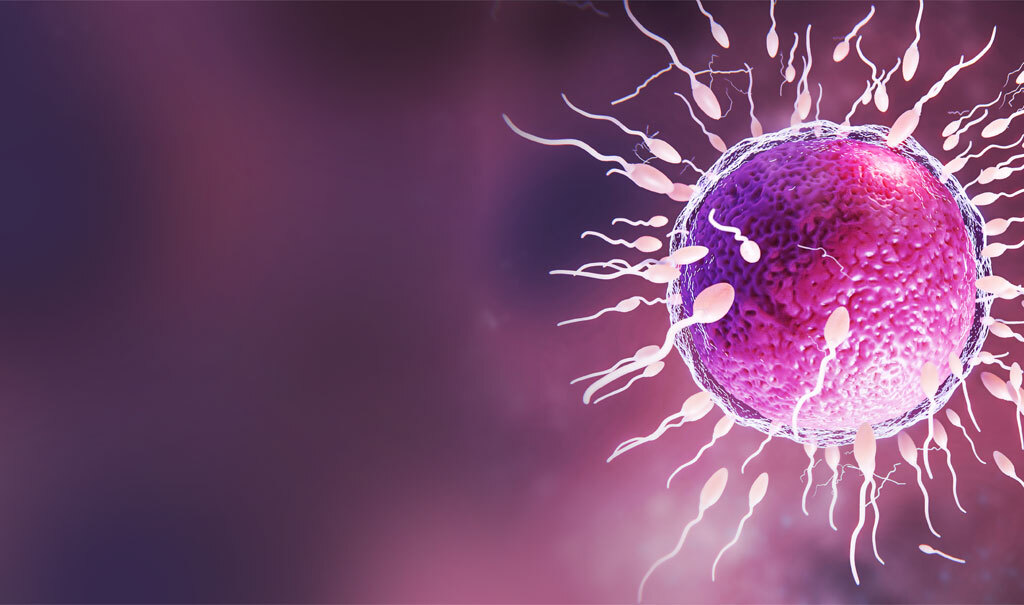How Age Impacts IVF Success Rate in India

Introduction
When it comes to fertility, age plays one of the most crucial roles in determining the success of any assisted reproductive treatment, including In Vitro Fertilization (IVF). Many couples in India turn to IVF when natural conception becomes challenging, but not everyone realizes how strongly age influences the outcome. Understanding this connection can help couples make informed, timely decisions and increase their chances of success.
Let’s take a closer look at how age affects fertility, IVF success rates in India, and what couples can do to improve their odds.
Understanding IVF and Its Success Factors
IVF is a process in which a woman’s eggs are retrieved and fertilized with sperm in a laboratory. The resulting embryo is then transferred into the uterus, where it can implant and grow into a pregnancy.
While IVF offers hope to couples struggling with infertility, its success depends on several factors — and age remains the most significant among them. Other factors like egg quality, sperm health, uterine condition, and lifestyle habits also play a role, but age affects many of these elements directly.
How Female Age Affects IVF Success

A woman’s fertility naturally declines as she ages. This decline is linked to both egg quantity and quality:
- Women are born with a finite number of eggs, and that number decreases over time.
- The quality of eggs — particularly their chromosomal health — also diminishes, making it harder for embryos to implant successfully.
In India, IVF clinics report the following average success rates by age group:
- Under 30 years: 55%–60% success rate per cycle
- Ages 30–35: 45%–50% success rate per cycle
- Ages 36–38: 35%–40% success rate per cycle
- Ages 39–40: 25%–30% success rate per cycle
- Above 40 years: 10%–15% success rate per cycle
These numbers may vary slightly across clinics, but the trend is consistent: the younger the woman, the higher the chance of success.
Why Egg Quality Matters So Much
Egg quality determines the likelihood of fertilization, embryo development, and implantation. As age increases, eggs are more prone to chromosomal abnormalities, which can lead to failed implantation or miscarriage.
For example, at age 25, only about 1 in 10 eggs may carry chromosomal defects, but by age 40, that number can increase to more than 5 in 10. This is why IVF specialists often recommend egg freezing or donor egg programs for women who plan to conceive later in life.
How Male Age Affects IVF Outcomes
While age has a stronger effect on female fertility, men are not entirely exempt. As men age:
- Sperm motility (movement) and morphology (shape) can decline.
- DNA fragmentation in sperm tends to increase, which may affect embryo quality.
However, male fertility typically declines more gradually. Lifestyle factors like smoking, alcohol consumption, stress, and poor diet can accelerate this decline.
In IVF treatments, sperm health is evaluated thoroughly, and advanced techniques like ICSI (Intracytoplasmic Sperm Injection) can help improve outcomes even when sperm quality is low.
IVF Success Rate Trends in India
India has become one of the leading destinations for fertility treatment, thanks to advanced technologies, experienced specialists, and affordable care. However, age-related fertility challenges remain universal.
Younger couples (under 35) generally experience higher IVF success because:
- Their eggs and sperm are healthier.
- The uterine lining is more receptive.
- Hormonal responses to ovarian stimulation are stronger.
For older women (above 38), IVF may require personalized treatment protocols, including:
- Higher or customized medication dosages for egg stimulation
- Preimplantation Genetic Testing (PGT) to identify healthy embryos
- Donor eggs for better embryo quality
- Frozen embryo transfer (FET) for improved uterine preparation
Options for Older Women Undergoing IVF
If you’re in your late 30s or early 40s, IVF can still be successful with the right approach. Clinics in India now offer several advanced treatments to improve success rates for older women, including:
1. Donor Egg IVF
Using eggs from a younger donor significantly increases success rates — often up to 60% — since the embryos are more viable.
2. Preimplantation Genetic Testing (PGT)
This screening ensures only chromosomally healthy embryos are implanted, reducing miscarriage risks.
3. Fertility Preservation (Egg Freezing)
Younger women who aren’t ready to conceive can freeze their eggs for future use. This preserves the quality of the eggs from a younger age, improving the chances of success later.
4. Lifestyle and Nutritional Support
Fertility specialists often recommend supplements, a balanced diet, and stress management techniques to enhance reproductive health before IVF.
What About Multiple IVF Cycles?
Sometimes, a single IVF cycle may not result in pregnancy — especially for older women. However, cumulative success rates improve after multiple cycles.
For example, while the first cycle may have a 25% success rate for a 38-year-old woman, the chances of pregnancy after three cycles can rise to over 60%. Patience, persistence, and emotional support play key roles in the IVF journey.
Lifestyle Tips to Improve IVF Success at Any Age
No matter your age, these steps can help improve your body’s readiness for IVF:
- Maintain a healthy weight: Obesity or being underweight can affect hormone balance.
- Avoid smoking and alcohol: Both negatively impact egg and sperm quality.
- Manage stress: Chronic stress may interfere with ovulation and hormonal balance.
- Eat nutrient-rich foods: Include antioxidants, omega-3s, and folate for reproductive health.
- Exercise moderately: Gentle activities like yoga or walking improve blood flow and reduce stress.
Also Read: IVF vs ICSI in India – Which Treatment Works Better?
Final Thoughts
Age undeniably affects IVF success rates, but it’s not the only factor. Thanks to India’s growing expertise in reproductive medicine, couples now have access to advanced treatments that can help overcome age-related fertility challenges.
If you’re considering IVF, consulting a fertility specialist early can make a world of difference. The sooner you understand your options — from egg freezing to personalized IVF protocols — the higher your chances of building the family you’ve always dreamed of.
Remember, fertility is a journey, not a race. With the right timing, guidance, and care, hope remains strong — no matter your age.
